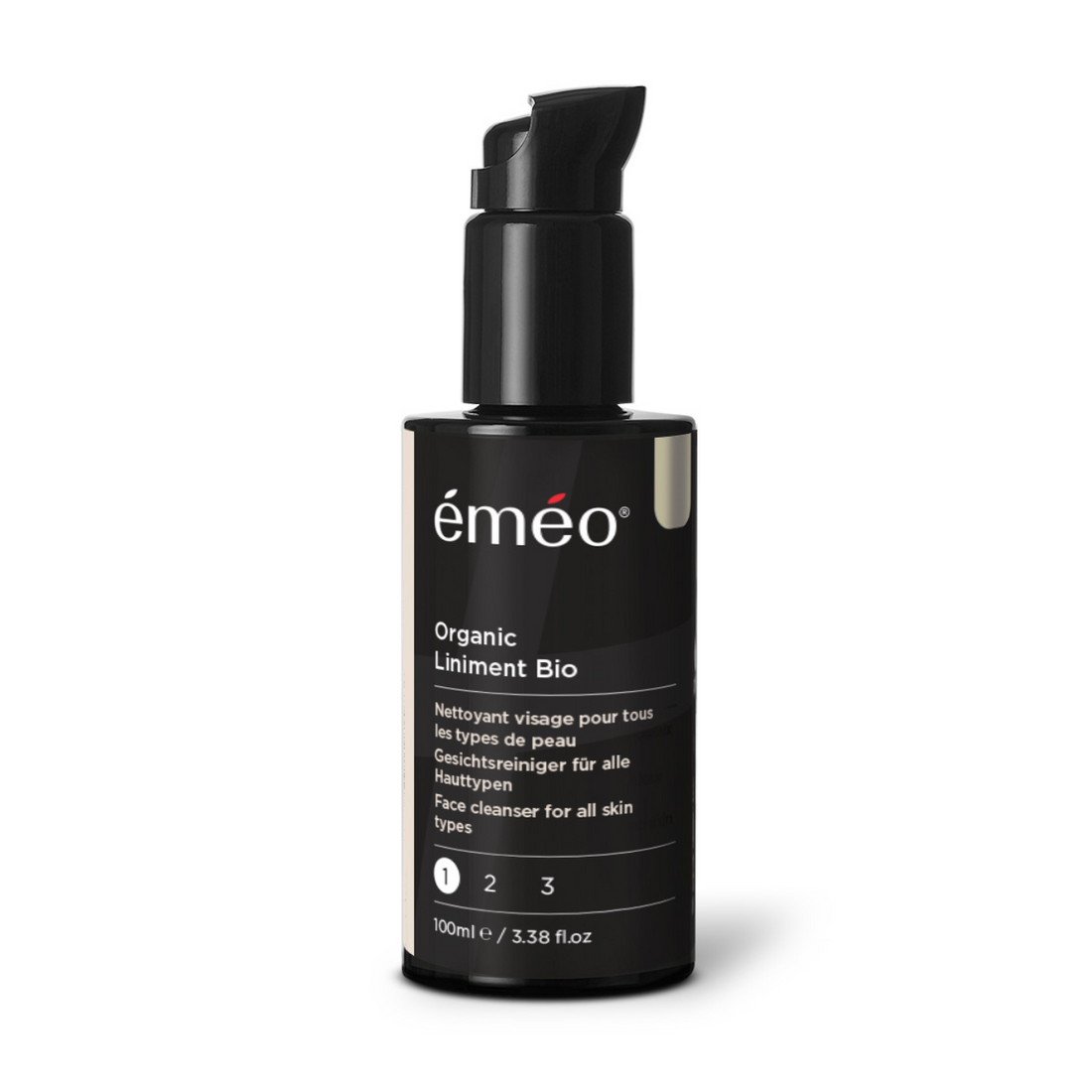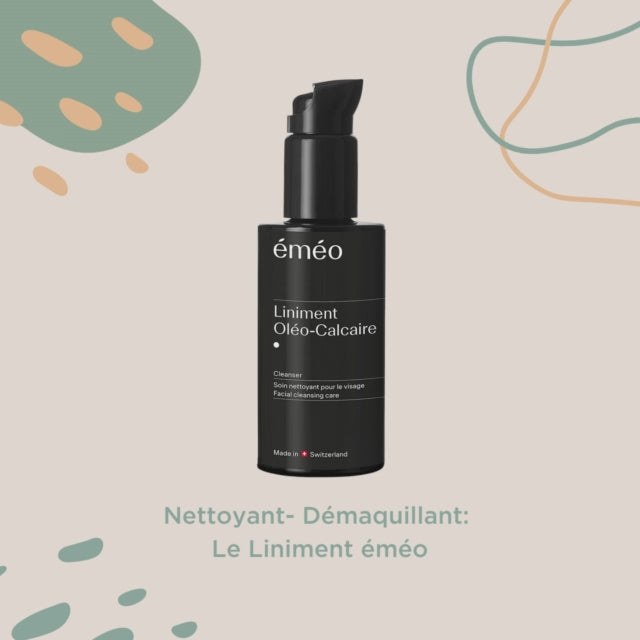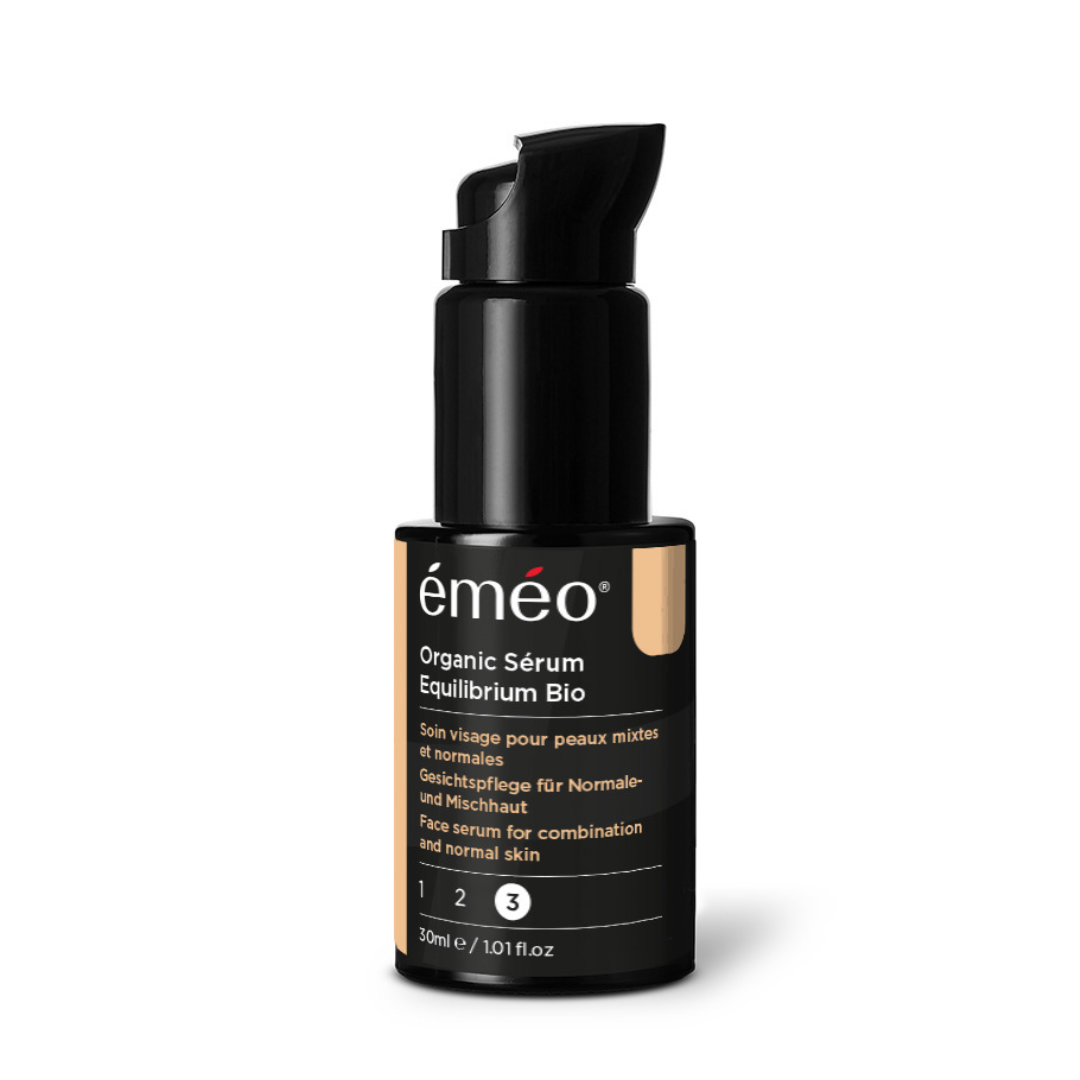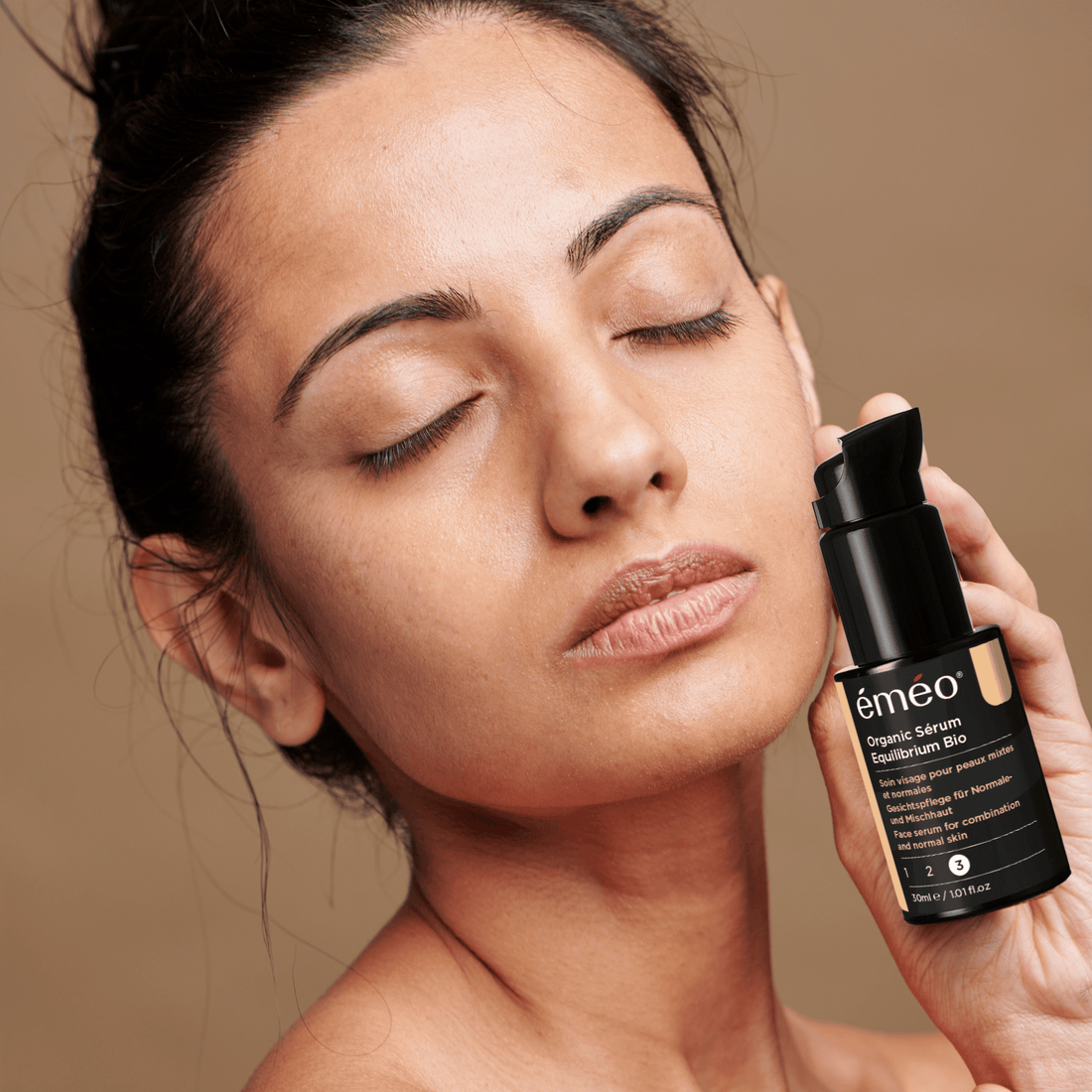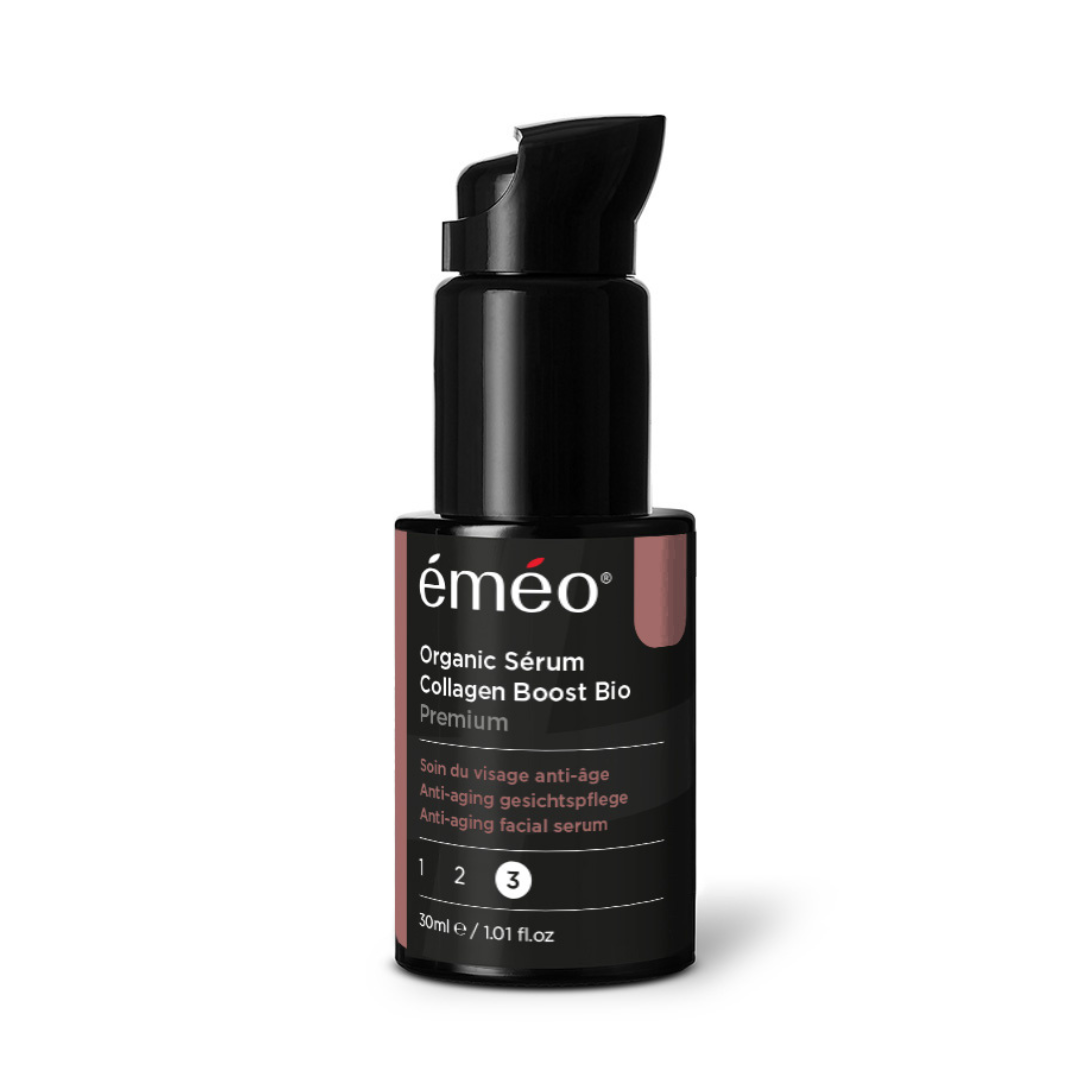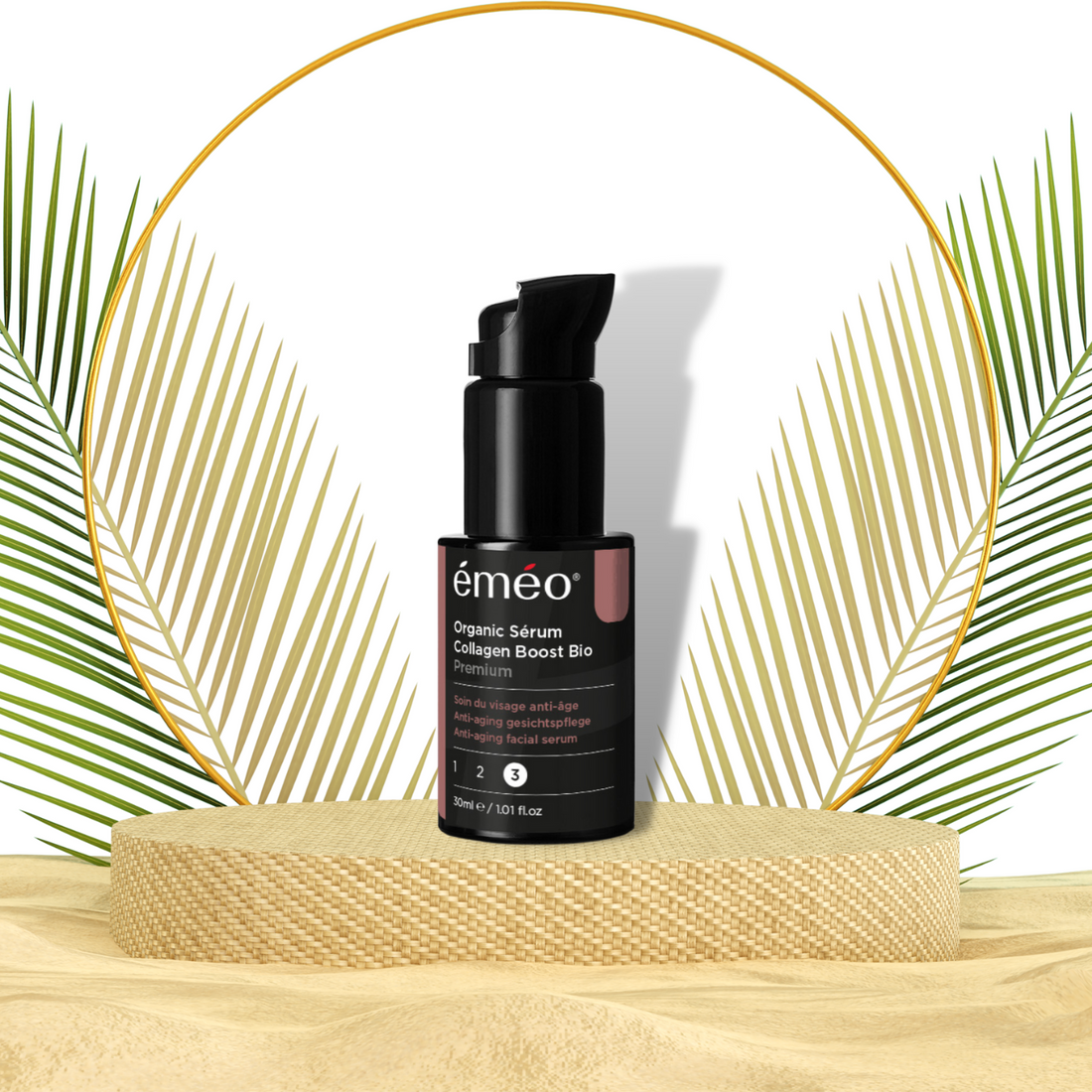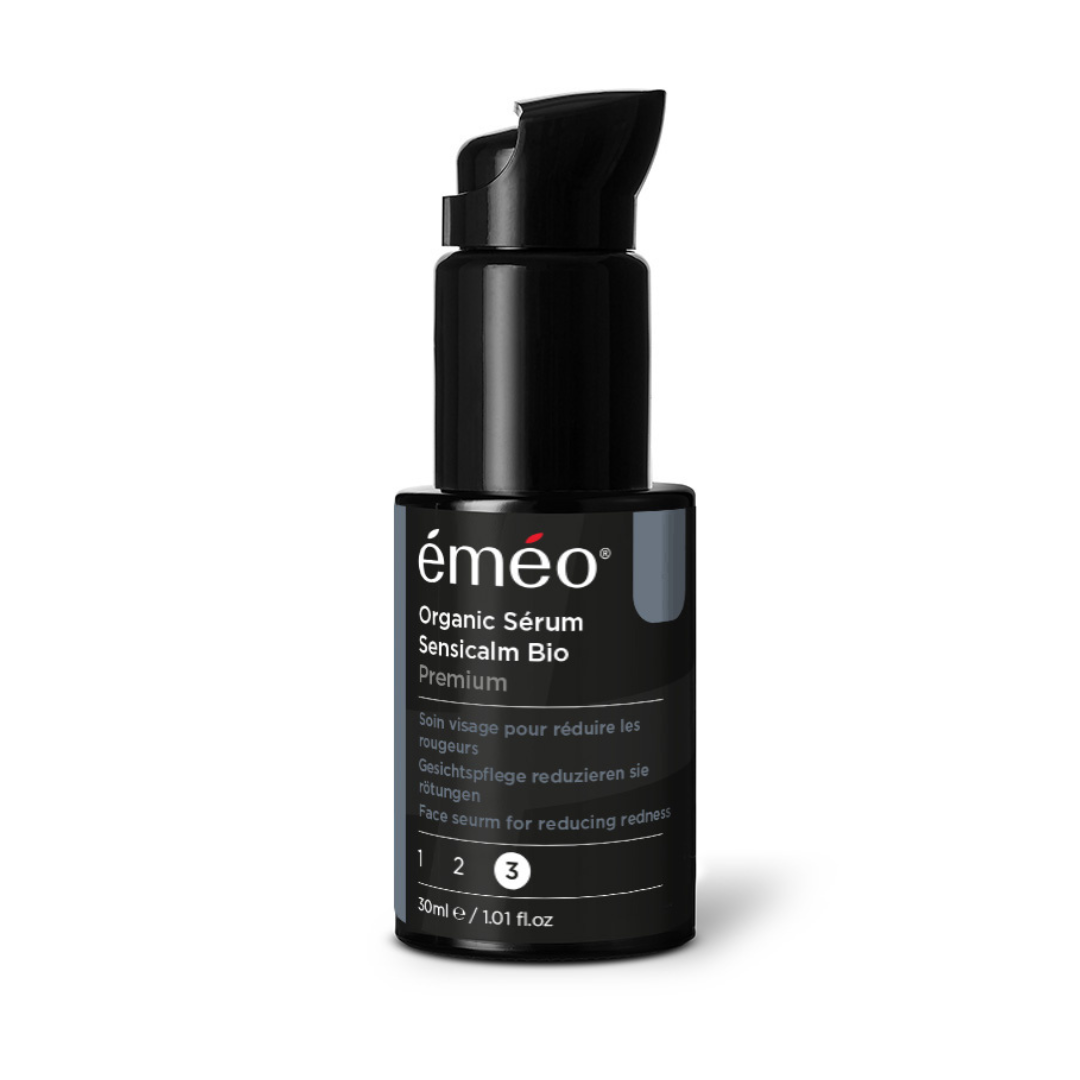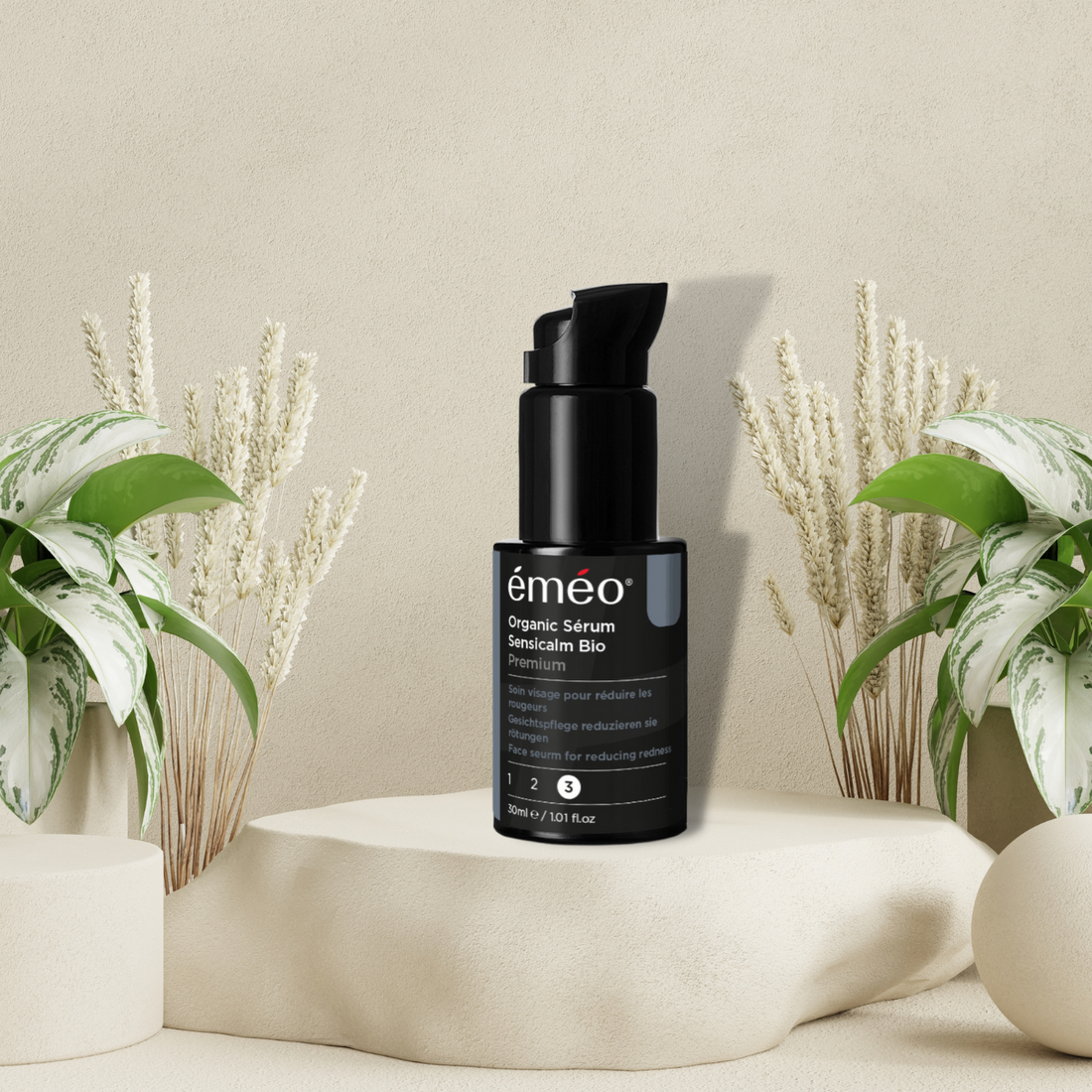During my consultations and in my shop, I observe that many people suffer from Hashimoto's hypothyroidism, an autoimmune disease that primarily affects women. One of the most common symptoms of this disease is dry skin, as well as brittle hair. My own daughter was diagnosed with this condition at the age of 10, which prompted me to delve deeper into the subject.
But what is Hashimoto's hypothyroidism, or Hashimoto's thyroiditis?
This autoimmune disease, relatively unknown, is a form of hypothyroidism, although it is quite widespread. It is named after the Japanese physician Hakaru Hashimoto, who first described it in the early 20th century.
Understanding Hashimoto's Hypothyroidism
The prevalence of Hashimoto's thyroiditis in clinical studies varies depending on the definition criteria, the studied population, and iodine intake, which differs by region. For example, in a study in England, 2.8% of men and 7.5% of women had a TSH (thyroid-stimulating hormone) greater than 6 mU/l, reaching as high as 24% of women over 60. In children, it represents a frequency of 1.2%, with a higher prevalence in girls, primarily diagnosed between the ages of 11 and 18.
Symptoms
Symptoms of Hashimoto's hypothyroidism in adults include fatigue, sensitivity to cold, dry skin, brittle hair and nails, bradycardia, diastolic hypertension, psychomotor slowing, depression, weight gain, constipation, reduced reflexes, myalgia (muscle pain), and arthralgia (joint pain). Women may also experience menstrual irregularities.
In my daughter, I also noticed a slight weight gain and sensitivity to cold, with her hands often being cold.
Risk Factors
Risk factors associated with an increased risk of hypothyroidism in the case of Hashimoto's disease include age, female gender, dietary iodine intake, and possibly certain HLA genes. Additionally, the presence of other autoimmune diseases, whether in the individual or in the family, also increases susceptibility to autoimmune-origin hypothyroidism.
Treatment
The treatment for Hashimoto's hypothyroidism is medication-based and involves the administration of synthetic thyroid hormone. This treatment is lifelong and must be adjusted according to life stages. Regular blood tests are necessary to fine-tune the medication dosage.
Impact on Skin and Hair
Dry skin and brittle hair are common problems in people with Hashimoto's disease. Sometimes, skin problems such as acne can also manifest. It is essential to take measures to relieve these symptoms.
The Importance of Nutrition
Nutrition plays a crucial role in alleviating the symptoms of Hashimoto's disease, as well as in improving the health of the skin, hair, and nails. Several studies have highlighted the impact of food on the digestive system, which can cause inflammation that worsens autoimmune diseases.
It is imperative to start by eliminating gluten and dairy products, which are the primary allergens. Opt for organic, unprocessed foods, and avoid pastries and pre-prepared meals. These measures are an excellent starting point to restore a better balance. Hashimoto's disease does not develop overnight, and the inflammation of the digestive tract will not disappear instantly. It is important to take the necessary time.
Choose borage and evening primrose oil capsules to improve the health of your hair and skin.
Caution with Dietary Supplements
It is crucial to remember that natural does not necessarily mean harmless. Some natural dietary supplements can worsen the situation. Green tea, due to its aluminum content, as well as items like acai, astragalus, licorice, and others, can have a negative effect. It is best to abstain from using them to avoid worsening the autoimmune reaction. It is always recommended to seek advice from a healthcare professional before using herbal products.
Conventional Cosmetics and Hashimoto's
It is imperative to abandon all conventional cosmetic products. Why? Because they contain numerous endocrine disruptors. This category includes toothpaste, face creams, deodorants, makeup, and many others. This accumulation of endocrine disruptors can have a significant impact on health.
The best alternative for people with Hashimoto's is to opt for natural cosmetic products. In parallel with dietary adjustments, it is essential to take care of your skin to restore its hydration. Dry skin can be due to intestinal inflammation, which reduces the absorption of certain vitamins and fatty acids. It is crucial to revitalize your skin and scalp.
Rehydrate Serum: Your Ally Against Dry Skin
I highly recommend the Rehydrate serum, a versatile solution to combat dry skin. This serum is composed of natural ingredients with beneficial properties for the skin and hair.
- Avocado Oil: This oil is rich in essential nutrients, making it ideal for deep nourishment and hydration of the skin and hair. It also helps soothe skin irritations.
- Borage Oil: Borage oil promotes cell regeneration, reduces redness, and improves skin's flexibility. It is particularly beneficial for those with dry skin.
- Rosehip Oil: This oil is known for its soothing properties. It helps reduce scars, improve skin elasticity, and diminish signs of skin aging.
- Argan Oil: Argan oil is renowned for its intense moisturizing power. It deeply nourishes the skin, leaving it soft and supple. It is also suitable for hair care, especially for dry ends.
Keep in mind that the skin may sometimes show signs of worsening before improvement. This is part of the skin's rebalancing process. It is essential to persevere and resist the temptation to use conventional creams in addition. The skin will find its balance, but it may take at least 28 days or more.
In conclusion, Hashimoto's hypothyroidism can have a significant impact on the health of the skin and hair. However, with a holistic approach including appropriate nutrition, natural care, and the Rehydrate serum, it is possible to alleviate these symptoms and restore healthier skin and hair.
Do not forget to consult a healthcare professional for personalised advice and ensure the optimal management of your condition.
It is also important to note that each individual reacts differently to Hashimoto's disease and its treatment. In our own experience, our daughter no longer needs to take daily medication. Her condition is still present, but her thyroid manages to produce normal hormone levels. However, she continues to undergo blood tests every six months to monitor her condition closely.
This underscores the diversity of our bodies and our responses to the disease, emphasising the importance of personalised management of Hashimoto's thyroiditis.






